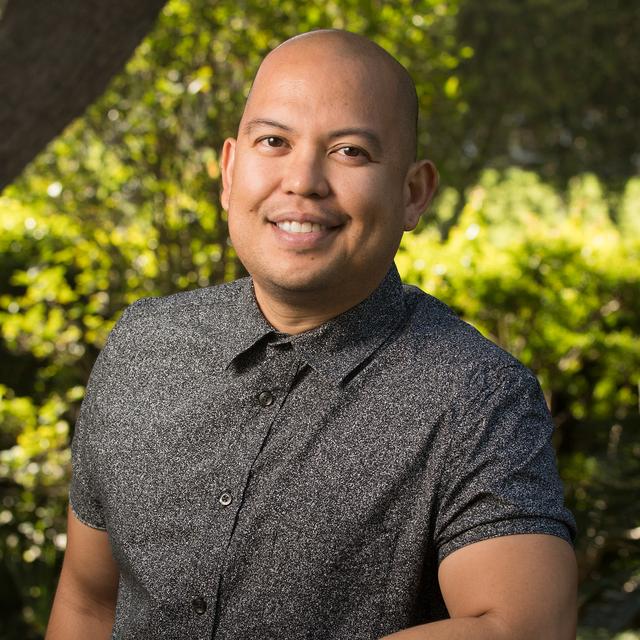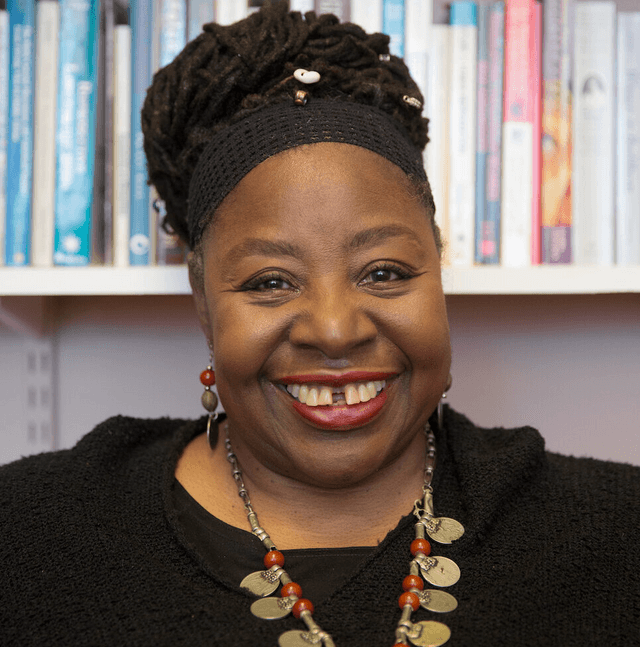Jen Soriano (she/they) is a Filipinx-American lyric essayist, award-winning writer, independent scholar, and multi-disciplinary performer. She is known for her innovative creative non-fiction which has earned her Pushcart and Best of the Net nominations, as well as prizes from The Center for Women Writers and Fugue Literary Journal. In her most recent published work, Nervous: Essays on Heritage and Healing, Jen has created an epic ride through Philippine history, personal history, the silenced history of American colonization, and exciting developments in the social neuroscience of trauma. Although the book started as a personal journey of trying to understand why her body held so much pain and sadness, the result is a memoir in 14 essays that shows how our nervous systems carry ancestral lessons from the past, and also carry the key to transforming society toward a trauma-wise future. Her work is a testament to the power of facing history and flowing toward embodied connection. She describes it as a love letter to bodies survived, and a vision of freedom through interdependence.
In addition to her literary work, Jen is also a narrative strategist and a leader in movements for racial, economic, gender, and climate justice. She has strengthened the impact of organizations from a local to international scale, and has helped build social justice institutions including MediaJustice and ReFrame.
Jen was the 2022-2023 poet-in-residence with Washington Physicians for Social Responsibility. She holds a BA in History and Science from Harvard and an MFA in nonfiction and fiction from the Rainier Writing Workshop at Pacific Lutheran University
Please note: All speeches and workshops can be tailored to your particular event and audience. We will work with your team to develop a workshop that meets the needs of your event and school community.
Why Trauma is a Public and Mental Health Crisis, and How Campuses and Organizations can Become more Trauma-Wise
In the past several years our nation has gone through the collective traumas of a Trump presidency, a global pandemic, and backlash against racial, gender and reproductive justice organizing. While our movements have been working hard to stem the tide of regressive policy change, many of us are still left to deal with our mental health struggles alone. We are facing a crisis of unresolved trauma, mental illness, and suicidality especially among our youth. In this talk, we will draw from examples in NERVOUS and discuss not just the problem but potential solutions toward creating more spaces and trauma-wise practices for healing in community.
Historical Trauma: What is It, and How do we Address it Through Science, Culture, and Collective Action?
What are the differences between intergenerational trauma, transgenerational trauma, historical trauma, and collective trauma? What are the overlaps? This talk will discuss the details of historical trauma, a concept defined by Lakota scholar Maria Yellow Horse Braveheart, using examples from NERVOUS covering Philippine history, Native American history, and Palestinian history. In order for us to move toward integrative and holistic health care rather than fragmented sick care, historical trauma narratives can and should be considered by counselors and doctors. Beyond this, historical trauma narratives can be healing when incorporated into modern day rituals, cultural performances, and campaigns for transformative change.
The Hidden Traumas of US empire and why Decolonization is Necessary for Trauma Prevention and Healing
Few people know that Manifest Destiny extended beyond the borders of the United States to American colonies overseas. This talk provides an overview of “The Greater United States” - the 50 states and current and former territories including the Philippines, Puerto Rico, Guam, and Samoa. Through readings from NERVOUS, participants will experience some of the brutal details of US conquest in the Philippines, and learn the neuroscience of how collective traumas of colonization can endure in bodies for generations. This talk will also cover “neural decolonization,” the practice of retraining neural circuits away from colonial mentality and behavior, as well as structural decolonization as a pre-requisite for trauma healing on an ecosystem scale.
Our Nerves Are Like Rivers: Mental Health and the Metaphor of Watershed Management
Drawing from essays in NERVOUS, this talk explains the workings of our autonomic nervous systems through the metaphor of waterways and watershed management. Participants will learn how our autonomic nervous systems are altered by trauma, and how these impacts can be mitigated by changes in our environments and through relational practices of nervous system co-regulation.
Additionally Jen can speak on:
- Community building, conflict resolution, how to communicate through difference
- The intersection of climate crisis and human rights
- Strategies for community resilience in times of political and economic instability
- Lessons from history: How past movements inform today’s fight
- Envisioning the future we want to see - hope, inspiration storytelling











